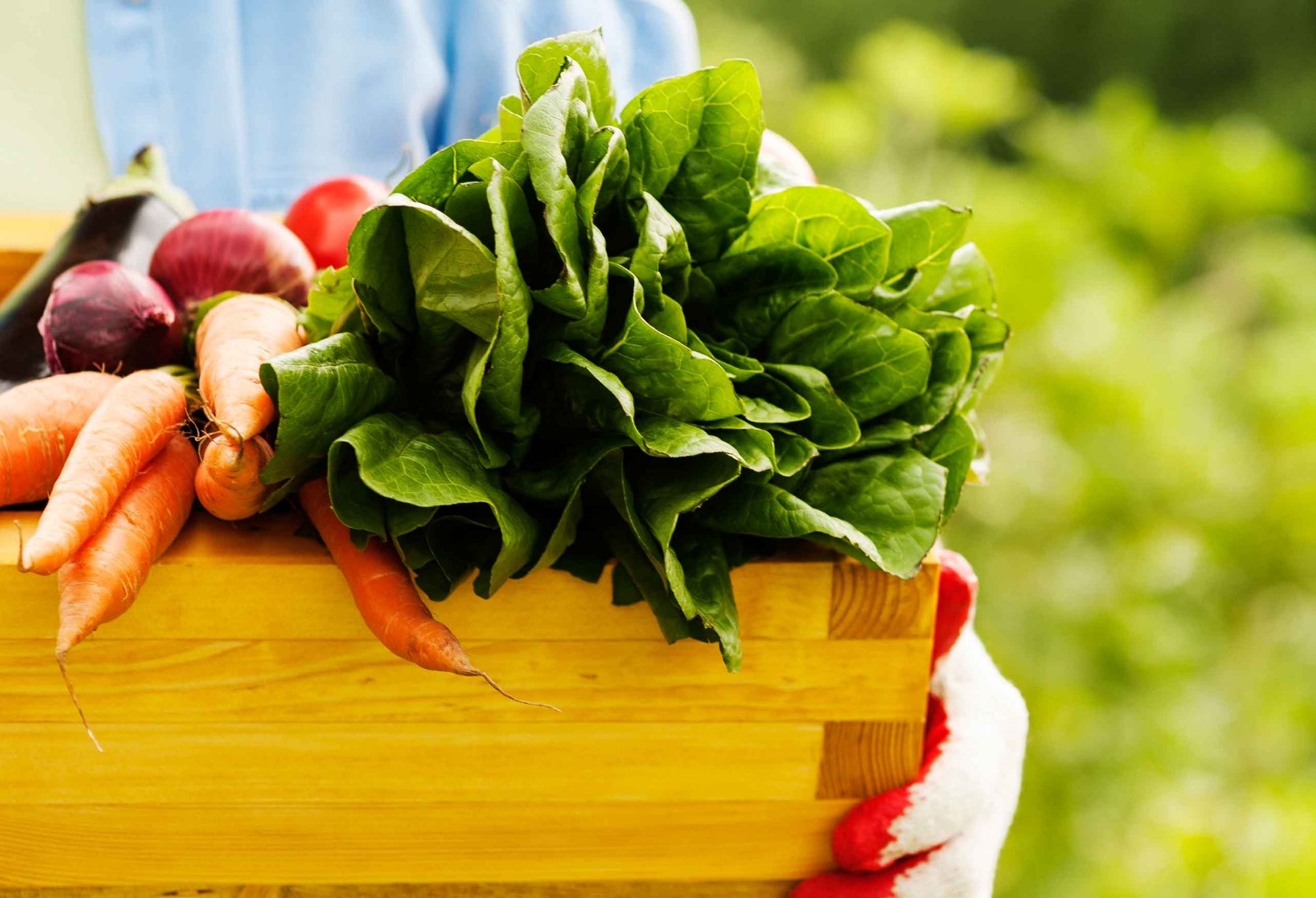NHD STUDENT BLOG SERIES

How you can advocate for sustainability
By NHD blogger, Sian Cunningham, RD
Happy New Year! January is the month for new year’s resolutions, and whilst most of those we make will be long forgotten by February, there is one area in which everyone must commit to doing better all year round - Sustainability!
What is sustainability?
The United Nations Brundtland Commission defined sustainability as 'meeting the needs of the present without compromising the ability of future generations to meet their own needs'. With the increasing threat of climate change, we must make sure that the way we do things today does not negatively affect the health of the planet in the future.
As dietitians and nutritionists, we can play an important role in promoting sustainability within our professional practice.
This can also be achieved through our ability to influence patient care, public health initiatives and via our social media presence. There are lots of practical things that you can do to contribute to sustainability.

Advocate for sustainable diets...

The official definition of a sustainable diet from the Food and Agriculture Organisation (FAO) of the United Nations:
“Sustainable Healthy Diets are dietary patterns that promote all dimensions of individuals’ health and well-being; have low environmental pressure and impact; are accessible, affordable, safe and equitable; and are culturally acceptable.”
Plant-based diets that promote the consumption of a variety of fruits and vegetables, legumes, pulses, nuts, seeds and wholegrains, are not only better for health but have a lower environmental impact compared with diets high in animal products.
Healthy sustainable diets can include moderate amounts of foods such as eggs (if eaten), low-fat dairy (or plant-based substitutes) and sustainably sourced fish (if eaten) and should contain (if eaten) smaller amounts of meat, especially red meat.
Encourage people to eat seasonal local foods (or even grow their own), as this reduces the carbon footprint associated with transportation and storage. Consider strategies for reducing food waste, such as portion control, meal planning and food preservation (freezing, canning, preserving), as these can all minimise waste and be much more budget-friendly.
Advocate for sustainable food systems...
We can also advocate for sustainable food systems, supporting policies on food in places like hospitals and schools to be sustainable, good quality and ethically produced.
We can educate and empower others (who have the means and are able) to become more aware of the environmental impact of different foods and how to make more sustainable choices, sharing recipes to use leftover food and minimise waste, not to mention save money.
We should consider how we can reduce packaging by bulk buying and making use of reusable containers to reduce the use of single-use plastic.
Advocate for your profession...
As future healthcare professionals, you can demonstrate leadership and advocate for your profession by considering how you as an individual can adopt sustainable practices, such as reducing paper usage, recycling and avoiding creating waste. Even your digital behaviours can make a difference: consider how you can reduce your carbon footprint by sending fewer emails and emptying your inbox!
Whilst sustainability is no doubt important, as healthcare professionals we also need to keep in mind the importance of giving person-centred advice that considers a person’s culture and be sure that any sustainable dietary recommendations we give are culturally appropriate, inclusive and respect diverse food traditions and preferences.
We also need to make suggestions that are realistic in terms of people’s financial status, time, health and abilities and that they are motivated to make changes. Supporting people to make small sustainable changes can still make a big difference over time.
END NOTE
Finally, we have a key role to play in making sure that information we give is evidence-based and we can help people to tackle and understand the huge amount of misinformation that is out there. By integrating sustainability into your practice, you as future dietitians and nutritionists can contribute to healthier populations and a healthier planet!
If you want to know more about sustainable diets you can find out more in NHD magazine and visit the British Dietetic Association webpages here...


Siân works with the BDA as Professional Practice Manager. She previously worked as an Assistant Professor at the University of Nottingham. She has worked in a range of clinical areas, specialising in learning disabilities, palliative care and nutritional support. Twitter@: siancunningham2
Siân Cunningham, MSc, RD, AFHEA
Professional Practice Manager, BDA
